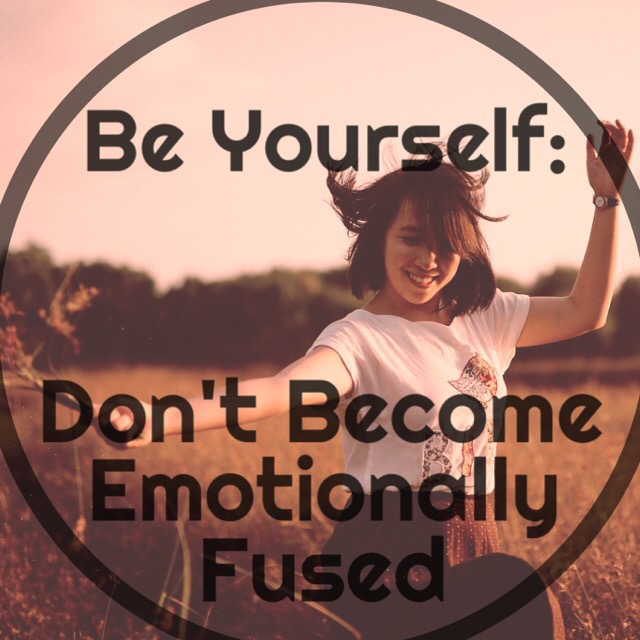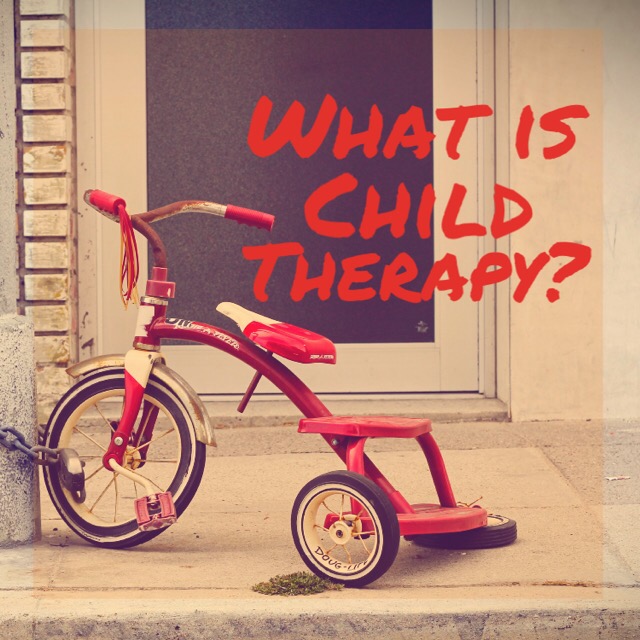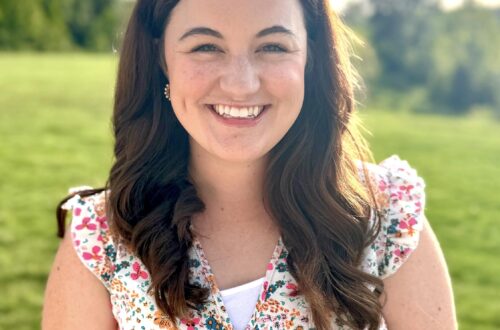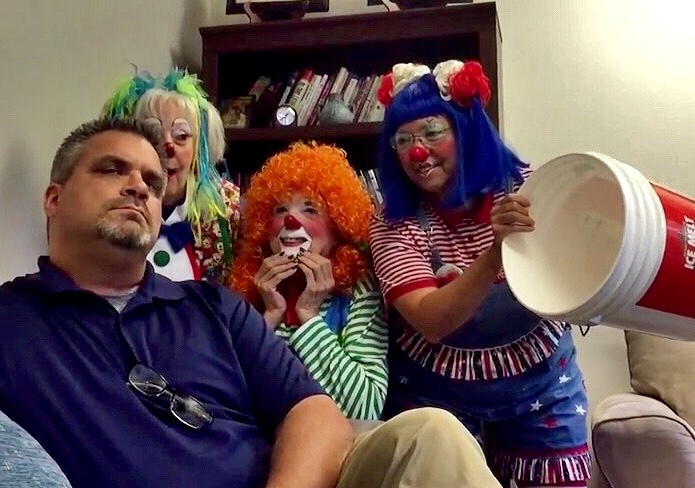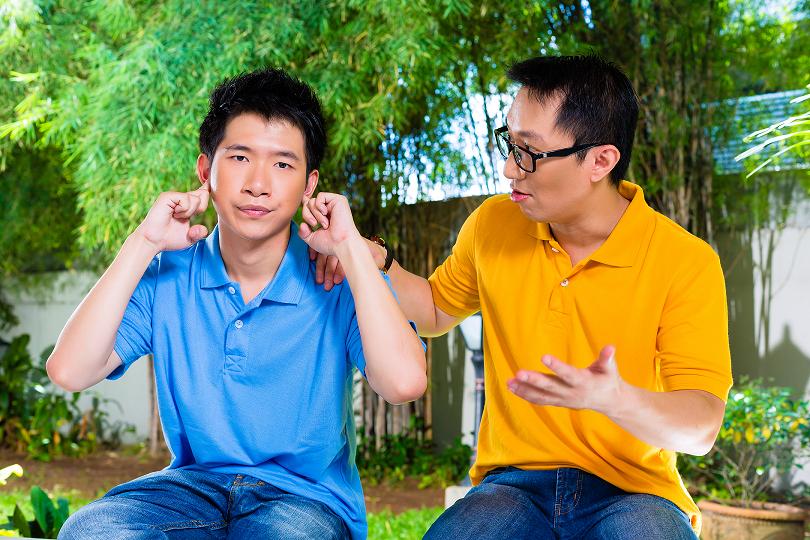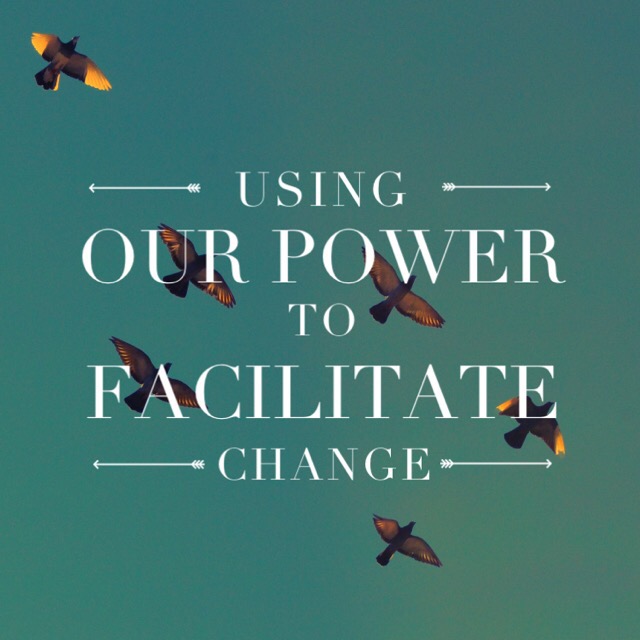
Using Our Power to Facilitate Change
By JuJuane Easter-Hutchins, MA, LPC
Lately, I have found myself struggling with the mayhem occurring in our world and in our communities. I am disheartened by the racial, socioeconomic, and other divides that exist; I am dismayed by the inequality that plagues our society. Where have things gone wrong? How can people feel justified in wrong doings against one another? Why are hearts not convicted of wrongdoing? Would such madness occur if individuals knew who they were in Christ?
God created us ALL. We are ALL God’s children, regardless of age, race, creed, color, sex, national origin, ability, or socioeconomic status. This is undebatable. However, it is our decision as to whether we will stand in the position God has made available to us.
Do we stand up for what is right and Godly? Do we use the God-given power within us to uplift and support other children of God? Do we SHARE the gifts we have been blessed with to encourage and aid others? Or, sadly, do we use our power to oppress and harm others?
It is a reality that oppression, which is the unjust or cruel exercise of authority or power, exists. Oppression of various groups has been documented throughout the history of our country and has far reaching implications. Even today, we see that our communities are deeply affected by oppressive events that many of us believed our country had overcome. Yes, it is true that positive strides have been made but, oppression still exists in our communities. This includes the oppression of others as well as internalized oppression, oppression of self.
Where does oppression exist in our communities? It is common for women to receive less pay than a male counterpart for the same job. Studies have also shown that racial minorities are more likely than white counterparts to be arrested, and once arrested, are more likely to be convicted. Once convicted, racial minorities are more likely to face stiff sentences (click here for more…). Students in more affluent school districts, typically from homes with higher annual incomes, have access to technology and resources not available and/or offered in less affluent districts. These acts of oppression may or may not be intentional; however, they are present.
Oppression of specific groups of people can result in Internalized Oppression.
What is Internalized Oppression? Internalized Oppression is the process by which a member of an oppressed group comes to accept and live out the inaccurate myths and stereotypes applied to the group. These myths and stereotypes which are often lived out, are not only inaccurate, but often negative. An individual may begin to view himself as unteachable or intellectually inadequate. An individual may begin to believe she deserves less pay for her work or to be talked down to and degraded. Many times, individuals do not recognize that the internalized oppression is the result of years of outward oppression. An individual may not understand why he decided not to pursue higher education, an individual may rationalize pursuing a career that is stereotypically defined as a job for a women instead of pursuing a career in the field of science which she has a passion for, and an individual may choose not to apply for the position at the Ladue law firm after how he was received upon entering the lobby. One may feel ignored, held down, abused and/or depressed, but have no idea how to begin the process of healing– a process that needs to involve a community, not just individuals.
Where does healing begin?
We begin by acknowledging that a problem exists, by desiring change and by working together to achieve resolution.
For some of us, it may be difficult to accept that inequality and oppression exist, and to come to terms with the fact that we may have played a part (even if unintentional) in perpetuating the problem. It can be painful to accept that one has allowed how he is viewed by others to dictate what he believes he can accomplish in life and what opportunities he allows himself to pursue. Oppression is painful, but not inevitable; nor is its effect irreversible. Counseling, both individual and in well-structured groups, can support individuals in recognizing, acknowledging, addressing and changing the thoughts, beliefs and behaviors that result in troubled communities.
One person can make a difference. Will you be part of creating change?
Our communities are in need of healing and we all have a responsibility in this. We have the power to contribute to our own healing, the healing of others and the healing of our communities. We are one.
We must fight for one another. We must take advantage of opportunities that allow us to learn more about others that are not like us and embrace our differences in order to heal from misinformation about particular groups. We must build relationships and friendships with others who are unlike us. We must make a conscious effort to recognize, acknowledge and speak out against inequality in our communities when we observe such. We must be intentional about our words, actions and behaviors.
If you recognize that you hold biases, stereotypical thinking and prejudices that ultimately have negatively impacted you and/or those around you, please find a safe place or forum to address these concerns. Agape Christian Counseling Services is equipped to support you and meet you where you are. Ultimately, we are all children of a Father who wants the best for us.
Take confidence in the Lord’s promise. Be empowered!
 About the Author
About the Author
JuJuane is a behavioral therapist at Agape’s Hazelwood, MO office. She works with a variety of clientele seeking counseling for many reasons including substance abuse, crisis intervention, mental disabilities, physical disabilities, and more. She enjoys working with couples, families, and individuals of all ages. Click on the picture to the left for JuJuane’s full bio.
